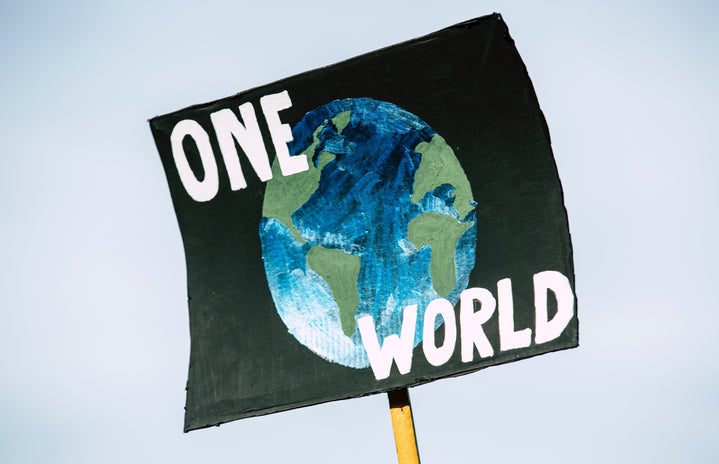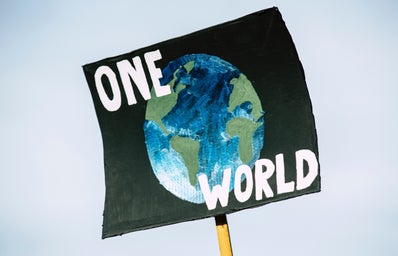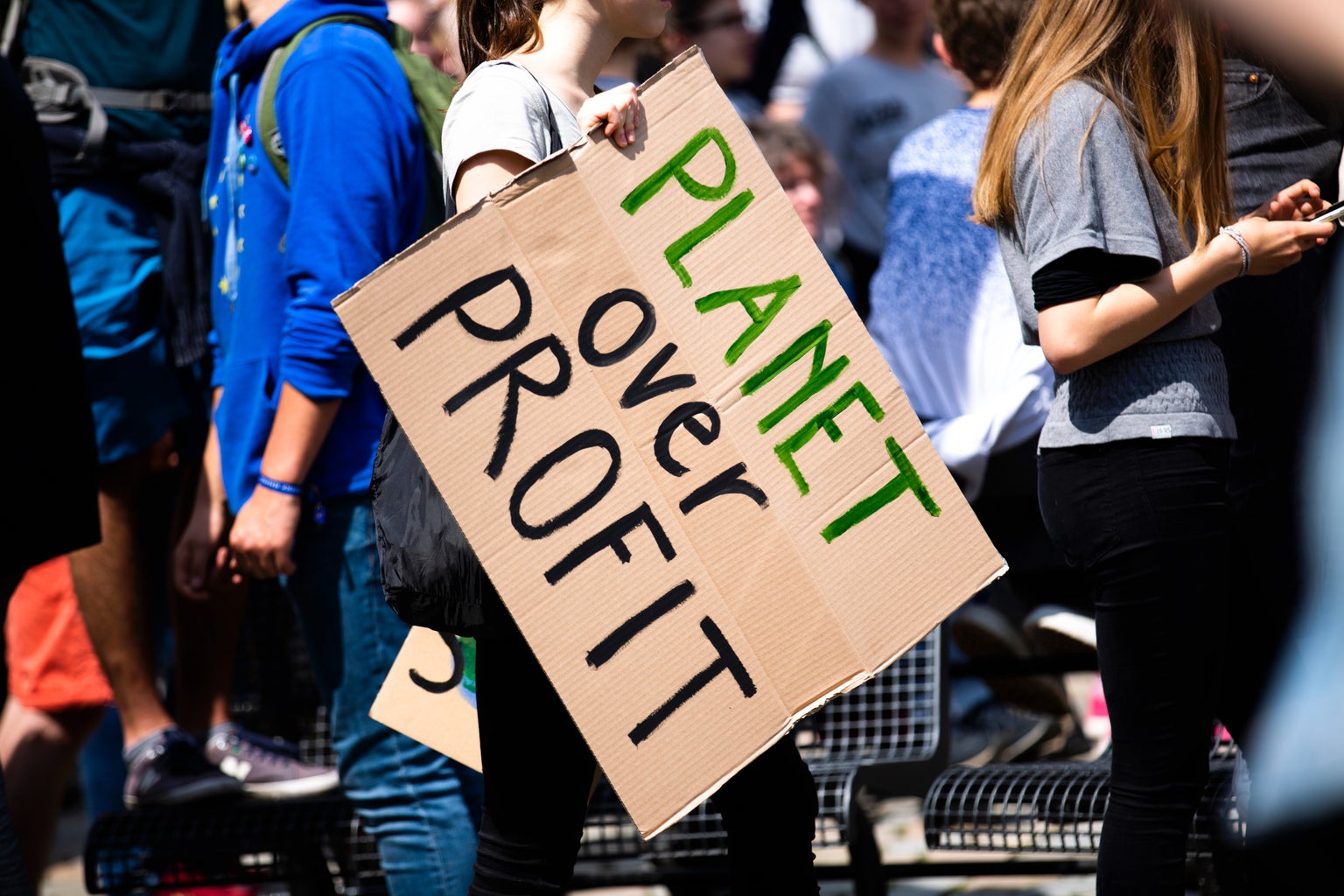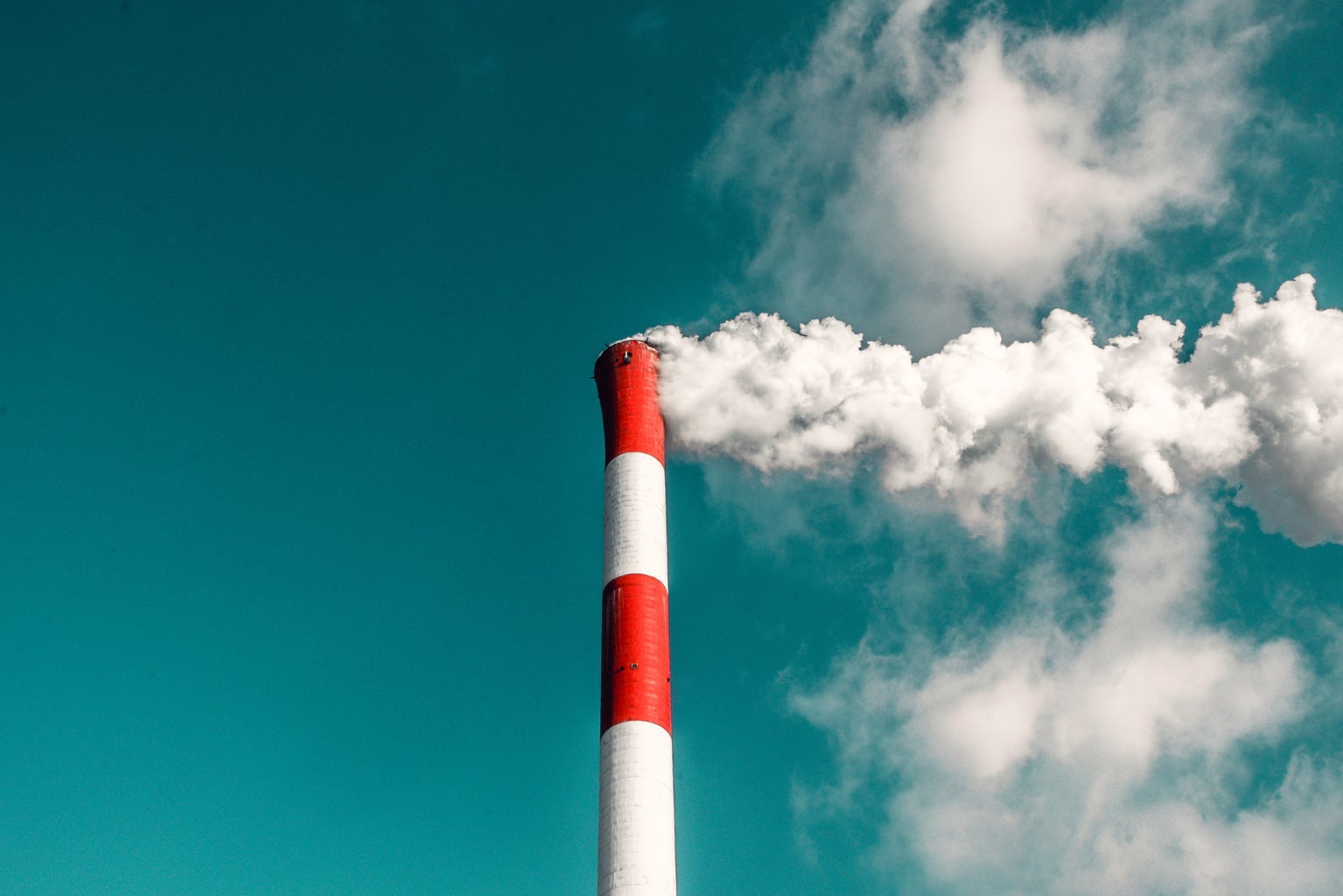The media tends to place a lot of the blame for climate change on ordinary citizens. Specifically, that we should buy electric cars, buy clean products, go vegan, and the sort. However, for the most part, we could do everything that we are told to do, and it would have little effect on climate change at all. Much of this blame is put on the everyday citizen when it really requires companies and governments to take action. It is easier to blame regular people and tell them to change their habits than for companies to actually try to help the world instead of just making a profit. The reality is that trying to be as green as possible is so much more expensive for a regular citizen than any company that could actually make a difference, yet the citizens are the ones who are told to make changes.
What really causes climate change? This is one area in which most people are misinformed. Climate change is caused by the release of heat-trapping gases which eventually raise the temperatures on our planet. The gases are released through the burning of coal and the production of oil and gas-all things that we largely rely on. Many factories release tremendous emissions on top of mishandling toxic waste and other chemicals that negatively affect our environment. They are responsible for nearly two-thirds of emissions causing climate change. This is not an issue without a solution. The technology exists to have green manufacturing. Said technology is simply not employed as creating the infrastructure for this would be very costly, thus cutting profit margins for corporations.
There are a number of things we consumers can do to prevent climate change. When done collectively, we may encourage businesses to make choices that actually curb the effects of climate change. One way is to shop at small or medium-sized businesses that value clean production. By doing so, you remove your consumerism from the larger corporations that are not making environmentally friendly choices. This done on your own does not do much, but if enough people boycotted these businesses, then collective action could create enough pressure to demand a change in business practices.
The point here is that on your own, you will not be able to completely curb climate change. Either the government needs to demand that coal burning and other emissions need to be eliminated by industries through the passing of legislation, or companies need to make these decisions on their own. It is entirely unfair that conscious consumers are continually directed towards often much more expensive alternatives that will have a very minimal effect in the long run. In my opinion, the conversation needs to completely shift away from them and to that funding production.
Having attended a number of climate change protests, I know firsthand the passion and desire to create change that our generation has and I could not be more proud. I will never forget the indescribable feeling of walking through the streets of New York City surrounded by so many people from all walks of life during a Friday’s For Futures protest. The saddest reality for me, however, is that I feel protesting does not really accomplish anything in the long run. It gives me hope that we all know there is a serious problem, however, the power is not in our hands.
Can’t get enough of HC UMass Amherst? Be sure to follow us on Instagram, listen to us on Spotify, like us on Facebook, and read our latest Tweets!




